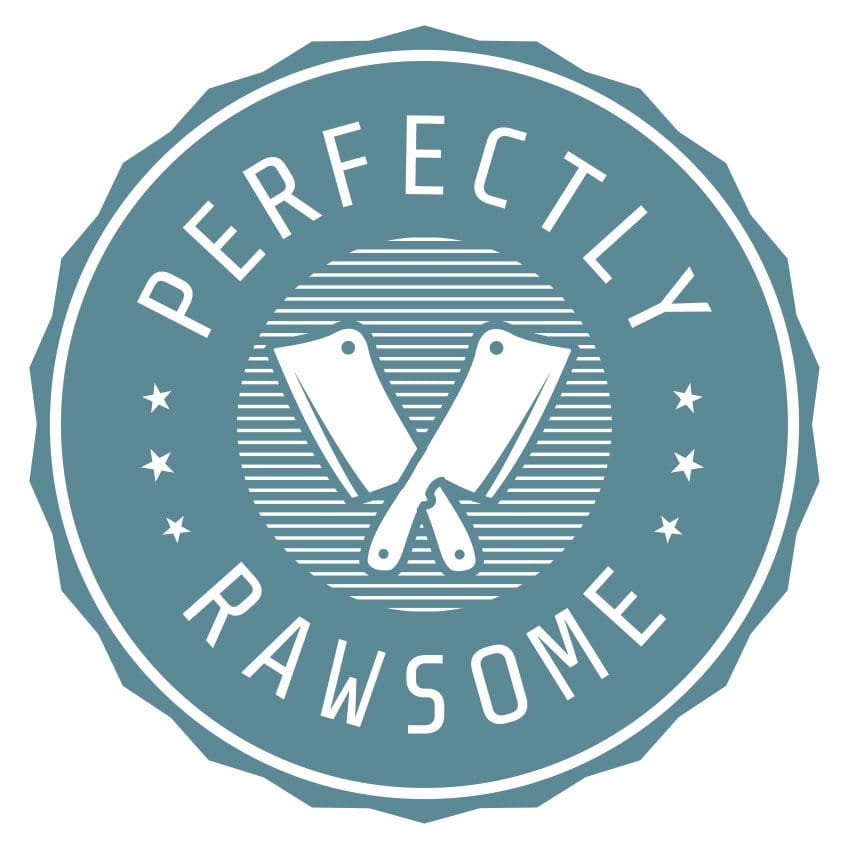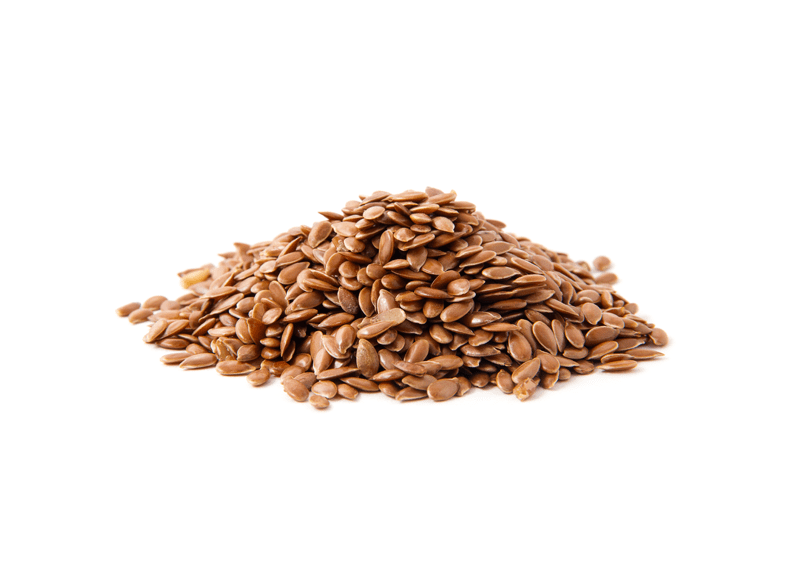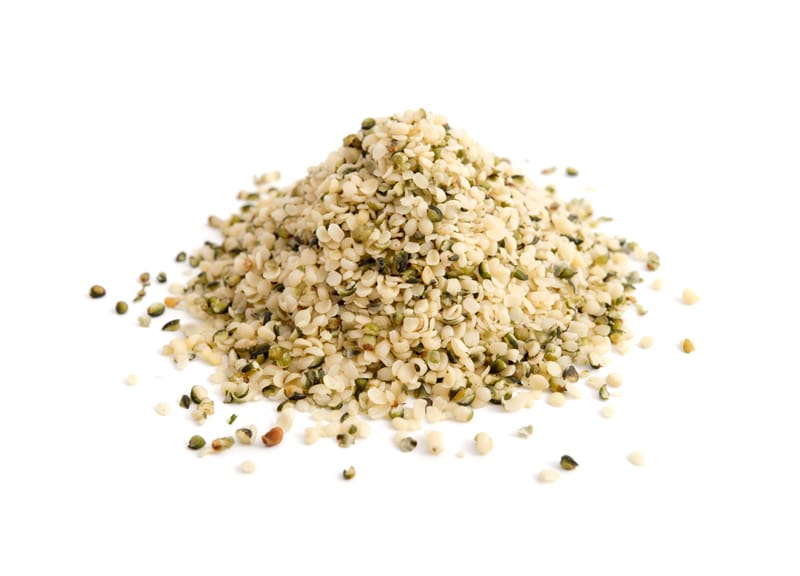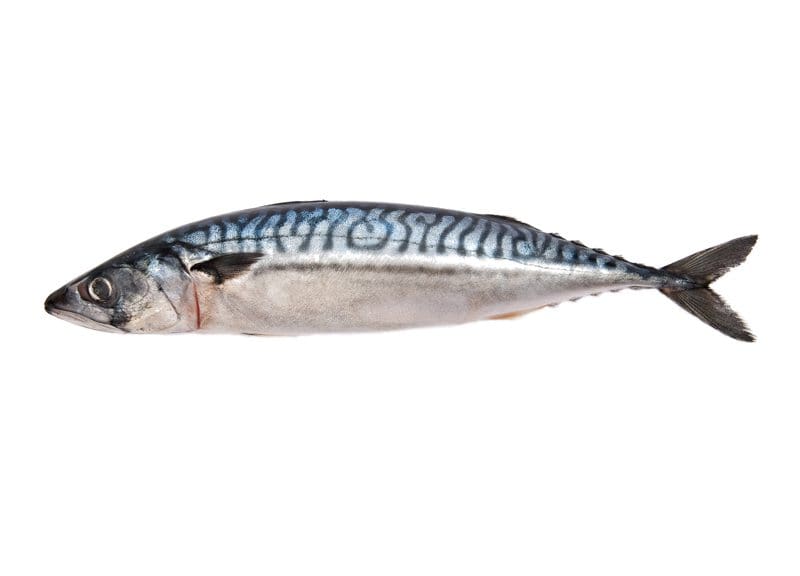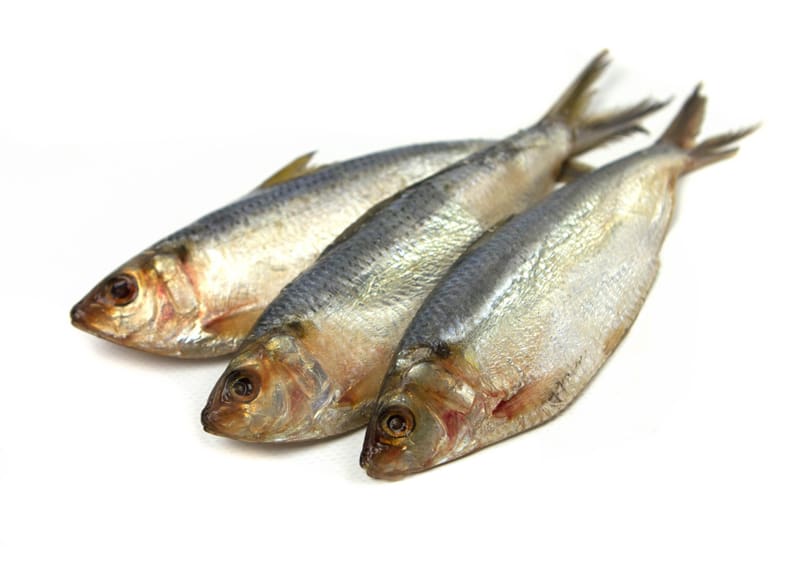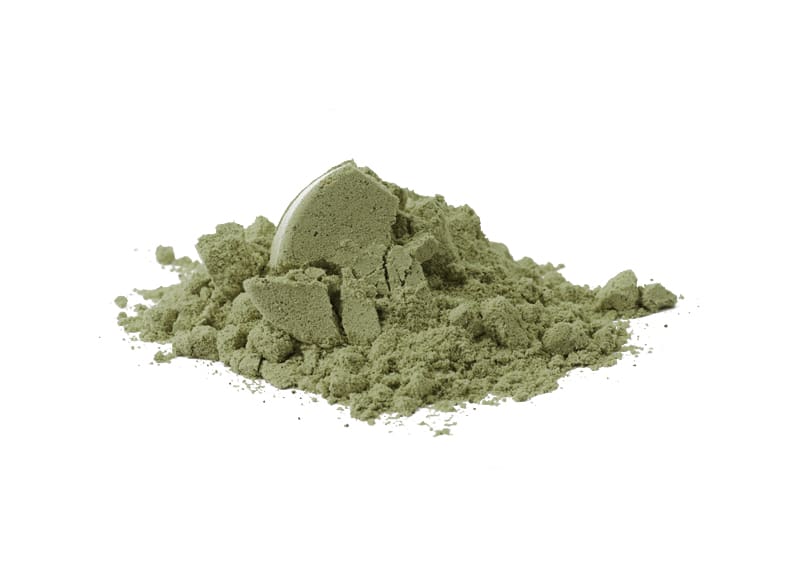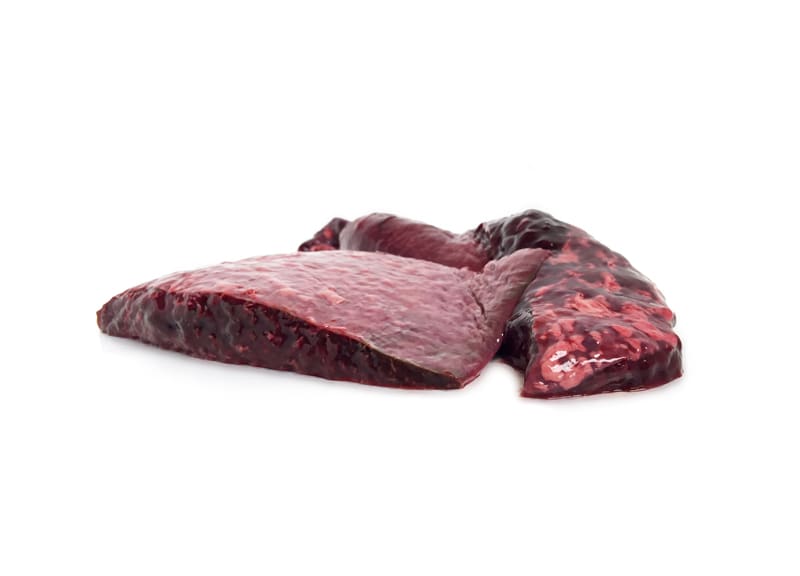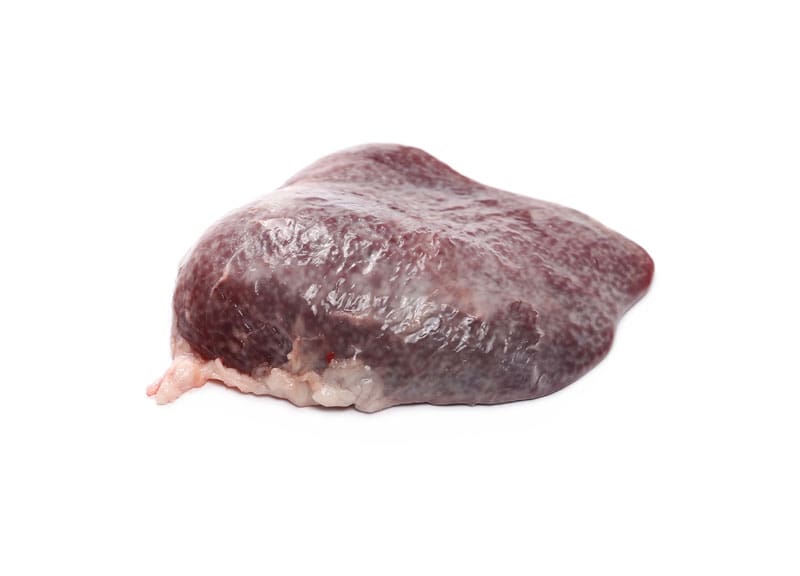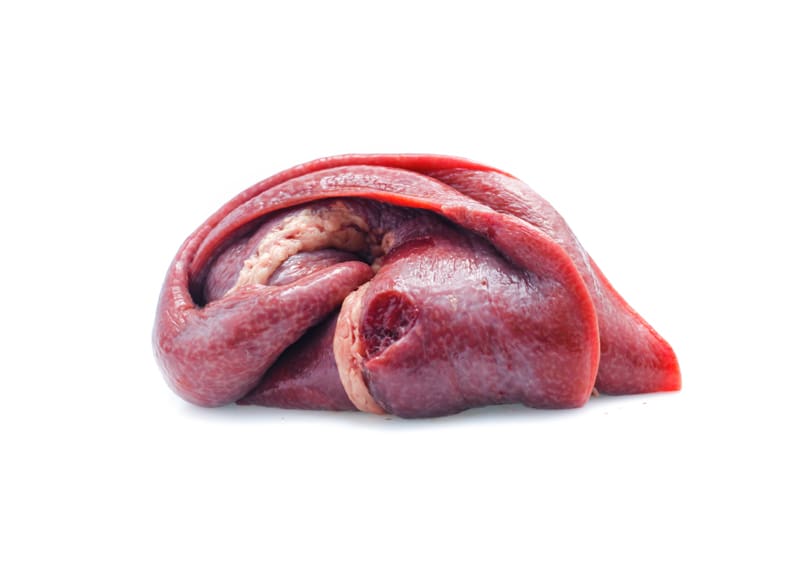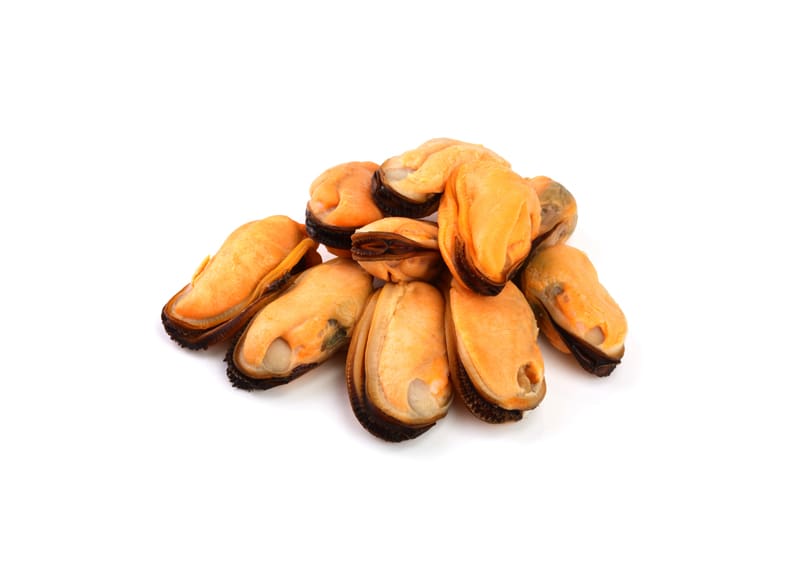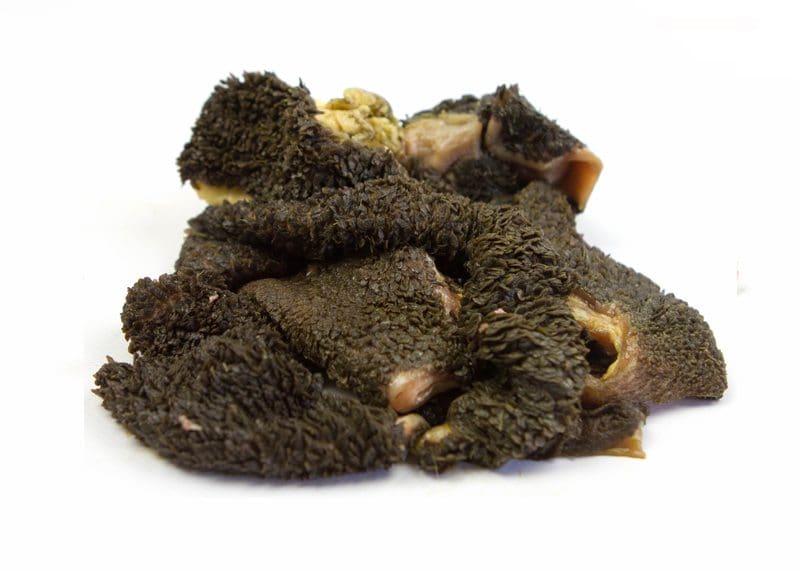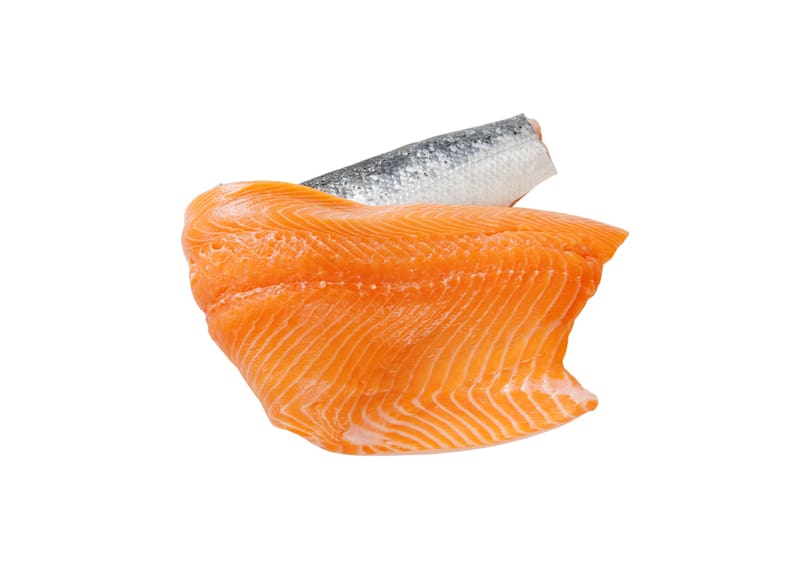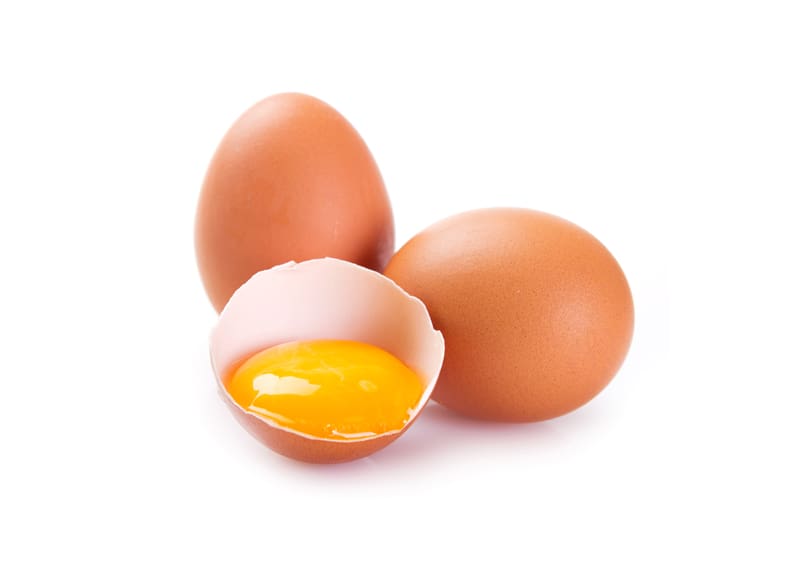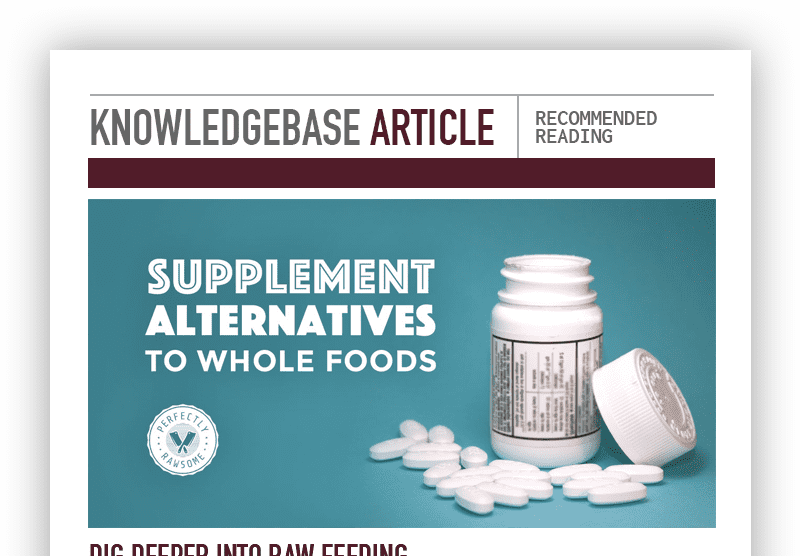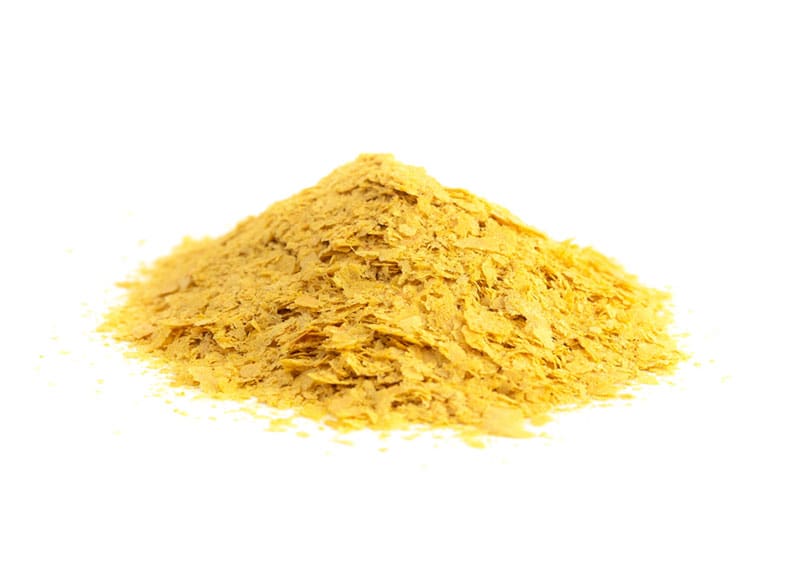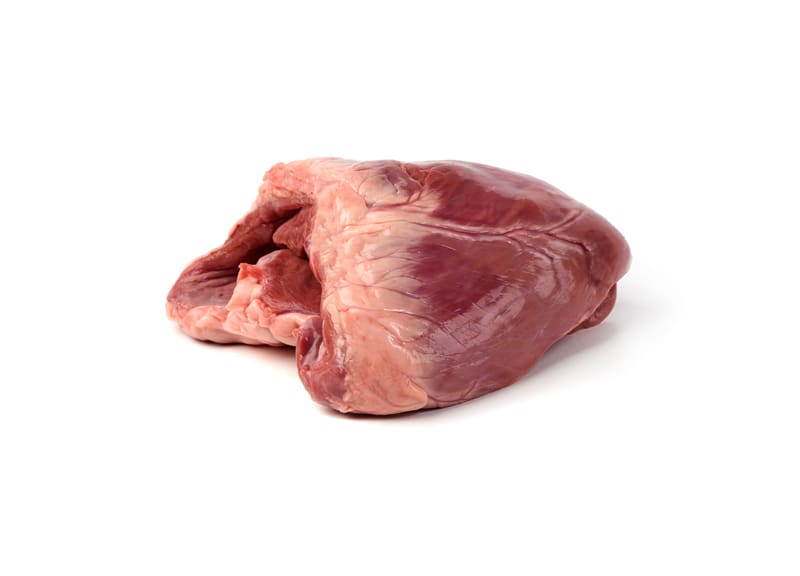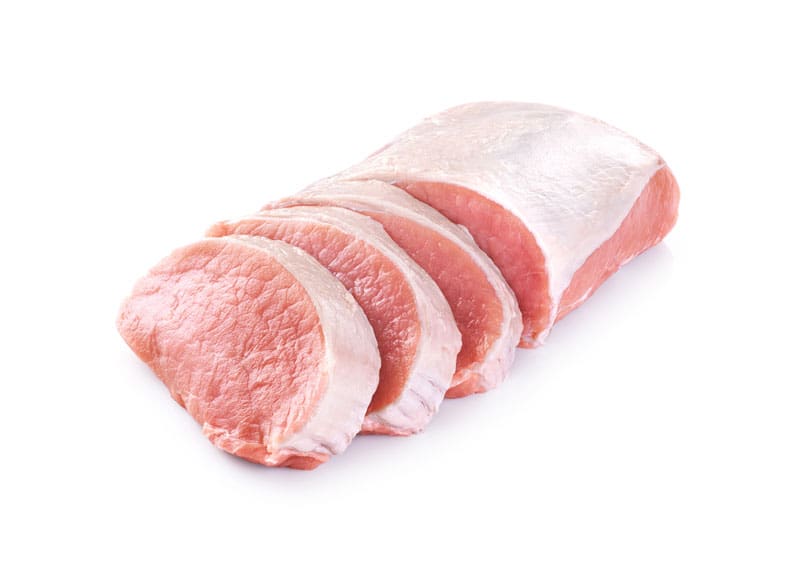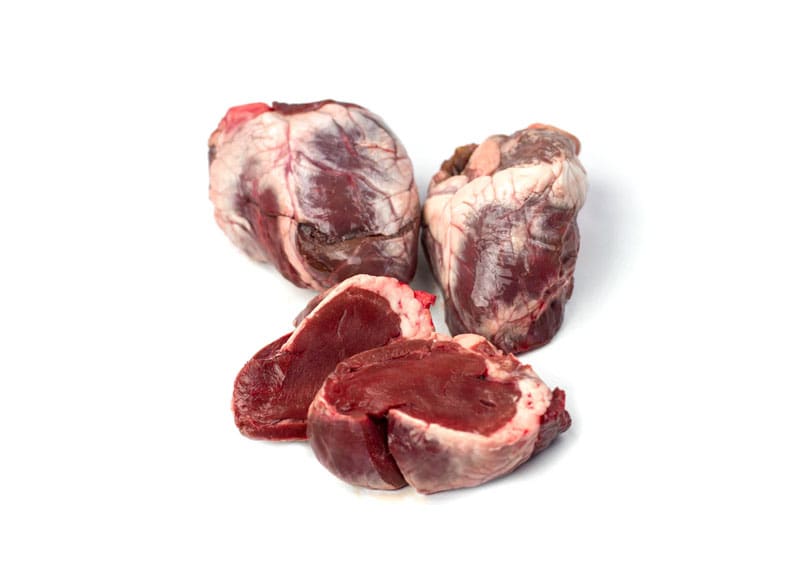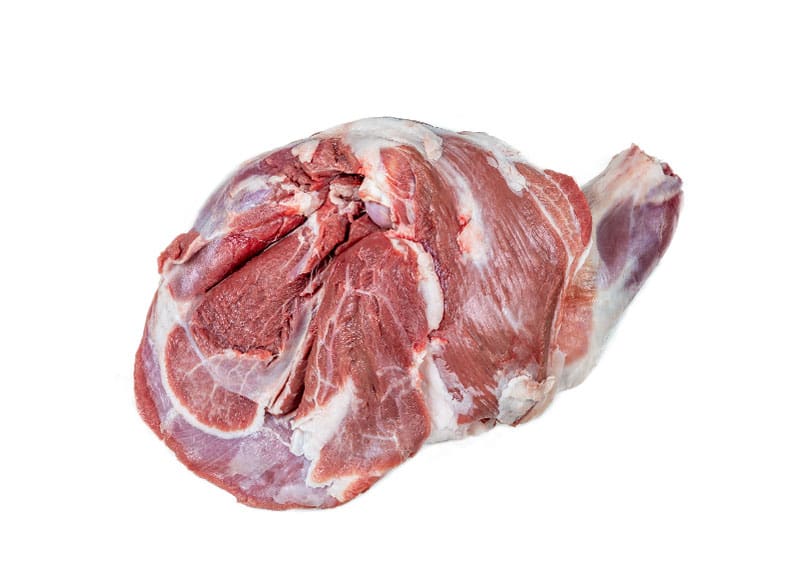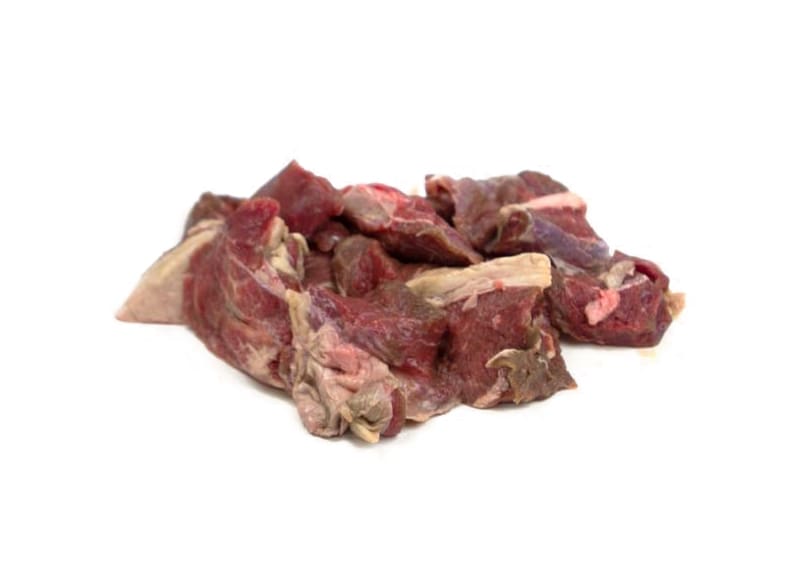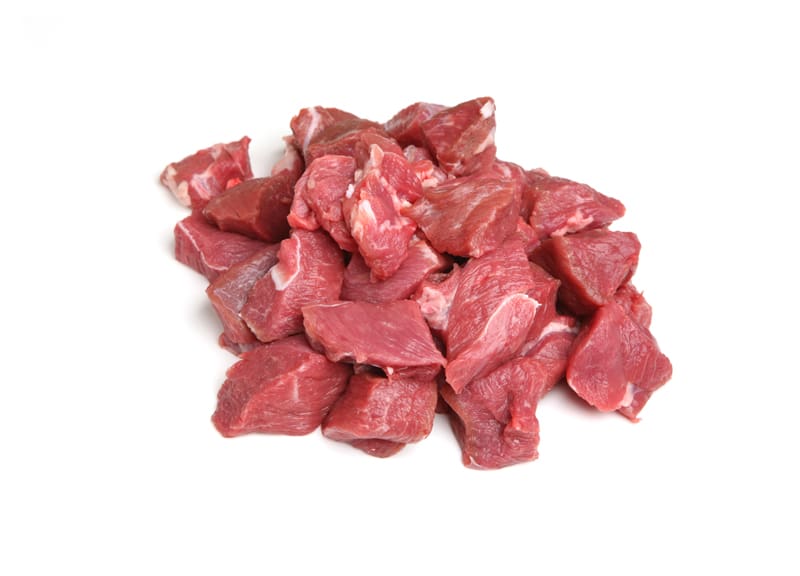PMR and BARF ratio raw diets for dogs composed of meat, bones and organs frequently lack certain essential nutrients for optimal health. It is important to identify these common deficiencies and select the appropriate whole foods or supplements to provide a nutritionally complete diet.
The National Research Council has established minimum requirements and recommended allowances for essential nutrients for adult dogs and puppies. Additionally, the NRC provides data on nutrient deficiencies. Many pet parents believe a multi-vitamin is necessary in raw diets to meet all essential nutrients, however this is not recommended. Most multi-vitamins do not fulfill the nutrients that many ratio raw diets are missing and are therefore unnecessary.
For every amino acid, fatty acid, vitamin, and mineral a pet requires there is a whole food that provides these essential nutrients! Absorption rates are lower with supplements; whereas nutrients are digested, absorbed, and metabolized at a higher rate when provided in fresh whole foods.
Raw diets that follow strict ratio guidelines for muscle meat, edible bone, and organs without additional whole foods or supplementation are usually deficient in certain essential nutrients. These deficiencies are typically present in both PMR and BARF style raw diets; and it is important to provide the appropriate whole foods to ensure the diet is nutritionally balanced.
Alpha-linolenic Acid (ALA)
Essential Fatty Acid.
Eicosapentaenoic & Docosahexaenoic Acid (EPA+DHA)
Essential Fatty Acid.
Iodine
Essential Micromineral.
Iron
Essential Micromineral.
Manganese
Essential Micromineral.
Vitamin D
Essential Fat Soluble Vitamin.
Vitamin E
Essential Fat Soluble Vitamin.
Thiamin
Essential Water Soluble Vitamin.
Zinc
Essential Micromineral.
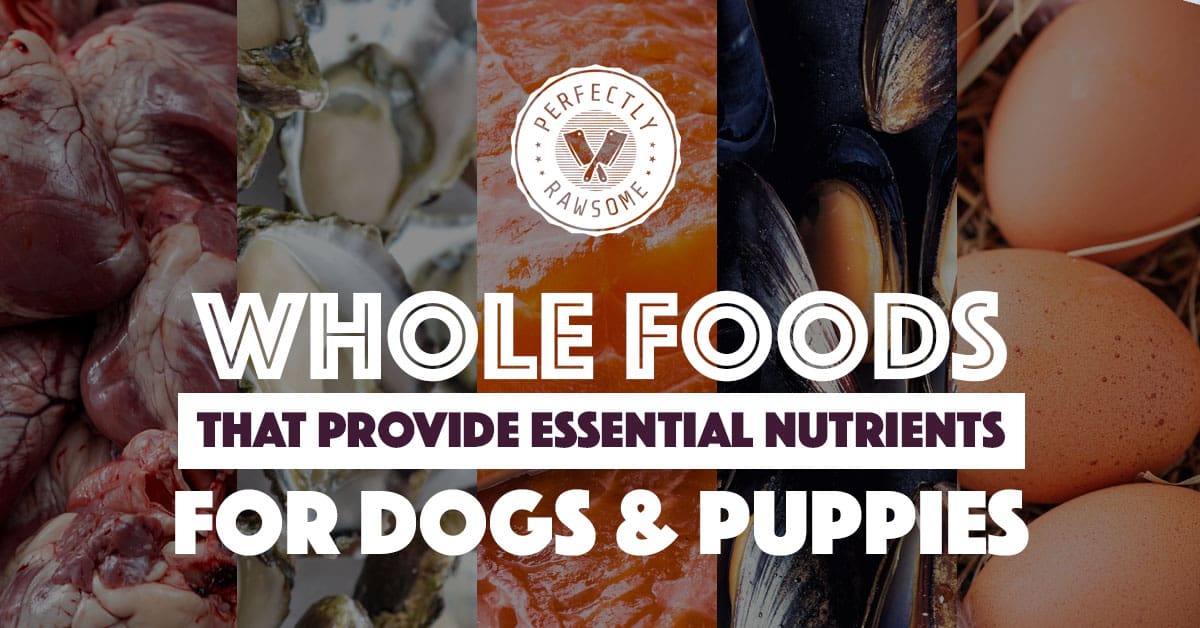
Alpha-linolenic Acid (ALA)
Alpha-linolenic acid (ALA), eicosapentaenoic acid (EPA), and docosahexaenoic acid (DHA) are all Omega 3 Fatty Acids. While ALA can be metabolized into EPA and DHA, dogs have a very low conversion rate compared to other animals. Therefore, ALA should not be relied upon as a source of EPA and DHA in raw diets. It is necessary to provide sources for both ALA and EPA/DHA in the diet. ALA is required in small amounts to balance the Linoleic Acid (LA) in raw diets.
Recommended Allowance (RA) of alpha-linolenic acid per 1000kcal:
Adult Dog
110mg recommended allowance
Puppy
200mg recommended allowance
Alpha-linolenic acid is an omega-3 fatty acid found mainly in plants, although it is also found in small amounts in grass-fed and pasture raised raw meat and organs. ALA is almost always deficient in ratio based raw diets. ALA occurs naturally in foods where the amino acid lysine is structurally bound to protein. Whole foods with high amounts of alpha-linolenic acid include various seeds and seed oils. Below are ALA values for various whole foods per 1oz (28g):
Eicosapentaenoic & Docosahexaenoic Acid (EPA+DHA)
In addition to ALA, the NRC lists dietary requirements for EPA and DHA as essential omega-3 fatty acids. Many raw diets are deficient in EPA/DHA and use commercially farmed meats. These meats provide high levels of omega 6 fatty acids and little to no omega 3 fatty acids. This imbalance of omega 6 to omega 3 fatty acids can cause inflammation throughout the body. The addition of EPA and DHA to a raw diet helps correct this imbalance and meet recommended allowances for these two essential fatty acids.
Recommended Allowance (RA) of EPA+DHA per 1000kcal:
Adult Dog
110mg recommended allowance
Puppy
130mg Recommended Allowance
EPA and DHA are found primarily fatty fish and shellfish. The inclusion of fatty fish, fish oil, or krill oil in a raw diet are excellent whole foods to fulfill these requirements. Ideal fish options include salmon, sardines, mackerel, and herring since they also provide Vitamin D. Below are EPA and DHA values in various fish per 1oz (28g):
Iodine
The mineral iodine is always deficient in ratio raw diets that are not composed of whole prey; as Iodine is found in the thyroid of whole prey. Iodine is needed to support healthy thyroid function. Symptoms of insufficient thyroid activity include poor growth, hair loss, weight gain, weakness, and behavioral changes (such as aggression). Many pet parents are not able to feed a diet of whole prey. Therefore, an additional source of iodine is necessary in many raw diets.
Recommended Allowance (RA) of iodine per 1000kcal:
Adult Dog
175mcg Minimum Allowance 220mcg Recommended Allowance
Puppy
220mcg Recommended Allowance
Although whole fatty fish and shellfish provide some iodine, it is still not enough to meet iodine requirements. Seaweed, such as kelp and other sea vegetables, have the highest concentration of iodine of all whole food sources – a little goes a long way! It is recommend to choose a kelp product that provides an iodine analysis. This is important since kelp can vary greatly in iodine content and improper dosing can affect thyroid health. *Many nutritional analysis do not include iodine levels unless the product is specifically tested for iodine. Additionally, the feeding guidelines on the label of many pet kelp products do not take iodine into account and will drastically overdose this nutrient.
Iron
Iron is a micromineral that is present in body tissues as hemoglobin and myoglobin. It plays a role in enzyme and protein responses necessary for oxygen activation, oxygen transportation, and electron transportation. While raw diets for adult dogs are generally plentiful in iron, puppies have an especially high requirement for iron which requires specific ingredient selections to fulfill those needs.
Recommended Allowance (RA) of iron per 1000kcal:
Adult Dog
7.5mg Recommended Allowance
Puppy
22mg Recommended Allowance
Iron is found in higher concentrations within animal spleen and red meat. Meeting iron requirements for adult dogs is generally not a concern when the diet includes red muscle meat and organs such as heart, liver, and kidney. However adult dogs may require a whole food source to increase iron in the diet. This includes limited ingredient diets composed of primarily white meats or sport and working dog diets.
Spleen is the only whole food that contains sufficient amounts of iron for puppies. If spleen is not used as a second organ for puppies, then an iron supplement will required. Below are iron values of some whole foods per 1oz (28g):
Manganese
Unfortunately, soft tissue injuries are common in dogs and puppies. These injuries can often be related to insufficient manganese in the diet to support healthy joints, ligaments and tendons.
Recommended Allowance (RA) of manganese per 1000kcal:
Adult Dog
1.2mg Recommended Allowance
Puppy
1.4mg Recommended Allowance
While whole prey provides manganese from the fur and feathers; the bioavailability of such manganese is unclear. Manganese is often deficient in ratio diets depending on what ingredients are fed. It is best to feed animal-based ingredients as the primary source of manganese in a raw diet. Plant ingredients such as vegetables, spices, seeds, and nuts should come secondary to animal-based ingredients due to bioavailability concerns. Below are manganese values in some whole foods per 1oz (28g):
Vitamin D
Vitamin D is an essential nutrient which is commonly deficient in raw diets, and it is important to understand the role it plays in nutrition. Exposing a dog to sunlight will not increase their vitamin D levels, as they do not produce Vitamin D like humans do. Vitamin D is a fat soluble vitamin which means it can be highly toxic in large amounts. For this reason, Vitamin D supplements must be given with abundant caution. It is much easier to overdose a supplement than whole foods. Contact a veterinarian or nutritionist when in doubt about measuring supplements correctly.
Recommended Allowance (RA) of vitamin D per 1000kcal:
Adult Dog
3.4mcg Recommended Allowance
Puppy
3.4mcg Recommended Allowance
Certain oily fish are one of the best animal sources of Vitamin D. Fish such as herring, salmon, sardines, and mackerel include higher vitamin D levels than other species. Additional animal sources of Vitamin D are pastured, free-range, or organic eggs and raw, pasture-raised animal fat. While organs such as liver and kidney also provide some Vitamin D, it is not enough to meet requirements. Lastly, fortified dairy provides some vitamin D.
While Cod liver oil can provide Vitamin D as well, it is also high in fat-soluble Vitamin A. It is important to avoid overdoing Vitamin A when feeding Cod liver oil along with animal liver. In these cases it is recommended to have the diet professionally formulated by a nutritionist.
Below are vitamin D values of several whole foods per 1oz (28g):
Vitamin E
Vitamin E is a powerful antioxidant that plays a crucial role in supporting a pet’s health and prevents dietary fats from oxidizing. It is typically low in PMR or BARF ratio raw diets.
Recommended Allowance (RA) of vitamin E per 1000kcal:
Adult Dog
7.5mg Recommended Allowance
Puppy
7.5mg Recommended Allowance
Small amounts of Vitamin E is present in whole foods such as raw brain and pastured eggs. Seeds and nuts are another excellent way to provide some vitamin E as well as other nutrients. However, it can be difficult to meet Vitamin E with whole foods due to various factors and a supplement is often required.
Vitamin E Supplementation Recommended
Raw seeds and nuts are a food source of vitamin E. However these ingredients only works effectively when paired with low fat proteins. This is because raw seeds and nuts increase Polyunsaturated Fatty Acids and calories. Additionally, many dogs find the quantity of seeds and nuts required for vitamin E levels off putting. Lastly, freezing seeds and nuts with meals will decrease Vitamin E levels. For these reasons it is recommended to use a vitamin E supplement.
Thiamin
Thiamin is an essential B vitamins and is classified as a water-soluble vitamin. Excess water-soluble vitamins are not stored in body tissues. Instead they are filtered by the liver and kidneys and passed in the urine. Water-soluble vitamins are found in animal foods and recommended allowances (RA) must be met daily.
Recommended Allowance (RA) of Thiamin per 1000kcal:
Adult Dog
0.56mg Recommended Allowance
Puppy
0.34mg Recommended Allowance
Thiamin is rarely low in raw diets for puppies unless the diet is high fat. However, adult dogs have higher needs for Thiamin than puppies. Therefore, thiamin may be low in adult dog diets if certain ingredients are not fed. B vitamin supplementation is easily avoided when ingredients such as pork, lamb or lean duck are fed. However, nutritional yeast is another food high in Thiamin when these meats are not included.
Zinc
Zinc encompasses the three following functions: catalytic, structural, and regulatory. Zinc is a cofactor in enzymes and is therefore involved in carbohydrate and protein metabolism, cell replication, and wound healing. Excessive levels of zinc can impact the absorption of other dietary minerals. For this reason caution is encouraged when giving zinc supplements. Consult a veterinarian or nutritionist when in doubt.
Recommended Allowance (RA) of zinc per 1000kcal:
Adult Dog
15mg Recommended Allowance
Puppy
25mg Recommended Allowance
Zinc is found in higher concentrations within animal sources rather than plants. A raw diet of red meats such as beef or lamb will likely provide adequate amounts of zinc for an adult dog. However, an additional zinc source is often required in mixed protein raw diets and diets for puppies. The primary animal-based whole food which provides a high concentration of zinc is canned or cooked oysters. Below are zinc values of some whole foods per 1oz (28g):
Multi Vitamins
A raw diet for adult dogs typically consists of 5% raw liver and 5% other organs and puppies will be even higher. Organs are considered nature’s multivitamin because they are packed with many essential nutrients. These nutrients include heavy doses of B vitamins (B1, B2, B6, folic acid, and B12), as well as traces of vitamin D. Various organ meats are also loaded with minerals like phosphorus, iron, copper, magnesium, and vitamin A. Pasture raised livestock and wild game contain even higher levels of these essential nutrients than their grain-fed counterparts.
Multi-Vitamin Cautions
Multivitamins will not address the common deficiencies in ratio-based raw diets and will contain nutrients already highly present in the diet. Over supplementing certain nutrients is not beneficial. It can cause digestive upset, diarrhea, or at worst hypervitaminosis. It is recommended to avoid multivitamins and instead provide whole foods for any essential nutrients that are missing. If whole foods for an individual nutrient cannot be fed due to sourcing, budget, or allergy/intolerance – then it is recommended to consult with a vet or nutritionist for the dosage of an individual nutrient supplement.
CLOSING COMMENTS
Many raw diets do suffer from nutritional deficiencies when strictly following PMR or BARF model ratios without the inclusion of specific whole foods in the right amounts. These whole foods are vital components to providing key essential nutrients to create a balanced diet:
Flax Seeds, Chia Seeds, Hemp Seeds
Alpha-linolenic Acid (ALA)
Fatty Fish: Salmon, Mackerel, Sardines, Herring
Eicosapentaenoic & Docosahexaenoic Acid (EPA+DHA)
Kelp
Iodine
Spleen, Lean Red Meat
Iron
Green Tripe, Blue/Black Mussels
Manganese
Fatty Fish: Salmon, Mackerel, Sardines, Herring, Eggs
Vitamin D
Raw Seeds & Nuts
Vitamin E – Supplementation Recommended*
Nutritional Yeast, Pork, Lamb and Duck
Thiamin
Oysters, Lean Red Meat
Zinc
Raw diets do not require extensive supplementation or multivitamins to provide all essential nutrients. Appropriately selected whole foods can easily create a nutritionally complete diet for an adult dog or puppy without resorting to synthetic supplementation. (This does not mean that targeted supplementation is not beneficial for specific needs and/or medical conditions.)
